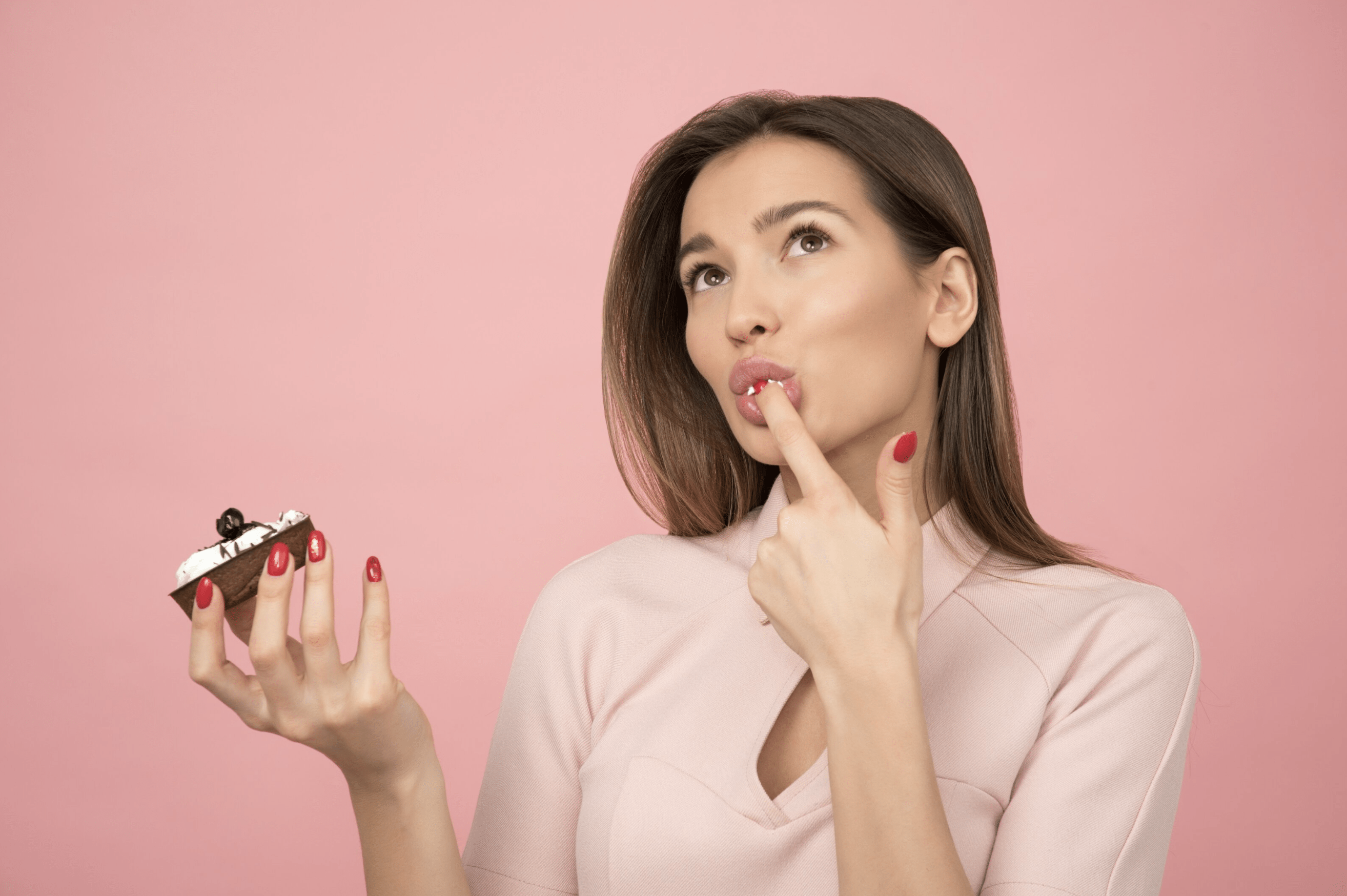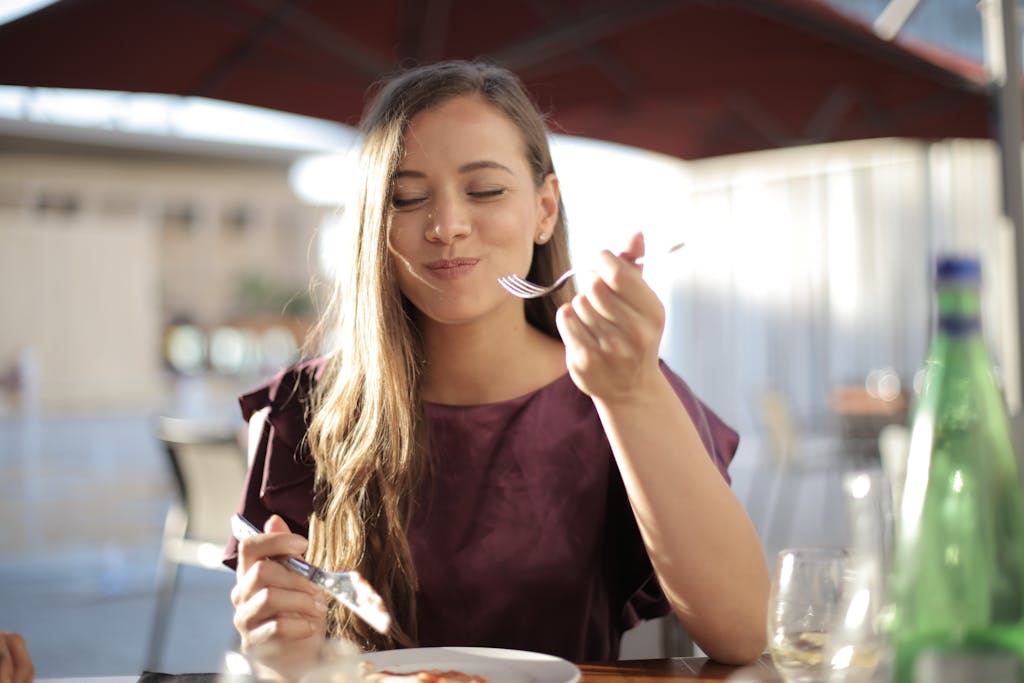Let’s talk about intuitive eating. If someone is talking about intuitive eating as a means to manage weight (whatever that means) then they are not talking intuitive eating…they are talking dieting! Often times when someone is following intuitive eating they are ready for the following things to happen: their weight may go up, their weight may stay the same or their weight may go down.
Recently, there’s been a lot of talk about diet culture, being anti that culture, and saying f*** you to fad diets and fat-shaming. I’m down for all of this. I’ve never been one for any fad diets. Instead, I to arm my patients with knowledge so they can be most successful in achieving their unique goals.
I think, however, we have gotten a little out of hand with intuitive eating. This is because just like every other fad, people don’t actually know what it is, or how to execute it. For example – should I get into the keto diet?
Everyone claims that the keto diet is some new magical principal. Supposedly it melts fat away and ensures size 0 pants forever and ever, AMEN! Friends, ketosis is what we aspire to when we are in the induction phase of the ATKINS diet. Here’s what happens: we drop our carbohydrate load to 20g per day. In doing so, we achieve ketosis. Then, we start to add carbs 5 grams at a time until the scale starts to creep up. Once that happens, we know that’s the amount of carbohydrate we can have on a daily basis and still maintain our current weight. Why do we reintroduce carbs, you may ask? Well, we aren’t meant to live off of ketone bodies in perpetuity! Every cell needs glucose – it’s how we function – don’t be down on carbs so much (more on that in another post).
Intuitive eating is starting to become just that – it isn’t defined properly or executed as it was intended. And now people end up in my office crying about how they’re 30lbs overweight from trying intuitive eating. Here’s the thing – intuitive eating isn’t something to do in an effort to lose weight. The purpose of intuitive eating is to help you establish a peaceful relationship with food. It helps to free you from the years of restriction and hating your body. It has nothing to do with dieting at all, and all to do with how you perceive yourself and your emotional reaction towards food.
Yes, one of the important parts of intuitive eating is giving yourself unconditional permission to eat – but that permission is not eating with reckless abandon. It’s the complete opposite. Instead, it is unconditional permission to eat, but with curiosity and non-judgment. Truly having unconditional permission to eat allows us to learn several things. First, we learn how to make peace with food. We remove the emotional power of our own individual “fear foods.” And finally, we learn to feel safe around ALL foods.






